There Are Snakes Under The Floorboards! - Farm Life Begins
This year marks our 10th Anniversary at Ozark Akerz Regenerative Farm. Before Sue and I moved here, we spent 2 months fixing leaks, mending all manner of things and cleaning the farmhouse to make it livable. It had been abandoned for over 10 years. Little did we know what we had gotten ourselves into!
The following are excerpts from emails we sent to Sue’s mom, Lou, during the first couple months on the farm. It has been amazing to relive the beginning of our journey in detail, much of what we had forgotten. We both remembered the day we moved in as Feb 1, in fact it was Jan 27. All the joys and challenges came back to life when reading the emails. Lou suffered from dementia and would forget what we told her over the phone. Daily emails were a good way to stay close to her even though she was 2100 miles away. She kept the printed emails and photos we sent her in a binder. She would re-read the emails over time. She eventually filled 3 binders with our emails.
0 Comments
This article originally appeared in the Courier-Tribune on June 7, 2020
I have lived in big cities most of my life. The constant traffic noise and streetlights are annoying. You never get to hear crickets or see stars. When I was in my late 30s, I moved to a semi-rural community in North Carolina. I say semi-rural because it was on a private road and had no streetlights, but it was only a mile and a half to the nearest mall. When we moved there, I immediately realized how little I missed big city noise. When I sat outside at night, the sounds of crickets, tree frogs and wind through the pines were so comforting. But the lack of streetlights was terrifying. I was sure that I heard Jason from Friday the 13th creeping around in the woods carrying 2 large axes and a machete. As soon as my imagination kicked in, I couldn’t hear frogs or crickets or anything else over the commotion made by all of the hairs standing up on the back of my neck, arms and legs. I told my wife that I was going to leave the outside lights on because of monsters. She grew up on a farm and loved the fact that we didn’t have streetlights, but she humored me. After a few months, I was finally able to sleep with the lights off. 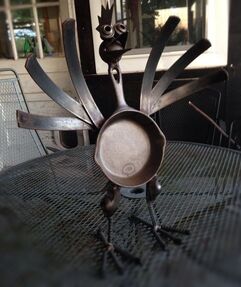 Cleetus the chicken is a Kentucky Fried Chicken that hitched a ride with us from, you guessed it, Kentucky. He decided to stick around. He was the first free ranging chicken at Ozark Akerz and he's always getting into trouble. He was also our first logo. As part of the Cleetus logo design, we included a circle in his pan that contains 3 Elder Futhark runes: fehu meaning cattle or wealth, jera meaning harvest and raido meaning journey. The runes honor Sue's Celtic and Mike's Viking heritage. Cleetus is mad as cheese and is always messing around on the farm, He's had his share of okra accidents. He promoted our Ozark Outlaw beer, brewed at Raleigh Brewing, using our organically grown jalapenos and joined us at the brewery for a few cheeky pints at the release. He also took a photo of Mike kissing a camel. Scroll through the slideshow below to view Cleetus' story in pictures and view the incriminating evidence. We're sure Cleetus will still be causing trouble on the farm, but he's probably going to be spending more time drinking cold beer on the porch now that his promotional days are over. Our new logo is based on the image our friend Rachel at Slow Farm designed for the Feeding Families Team T-shirts. It's based on our Pineywoods bull Rocky. We'll be releasing an edgy new t-shirt soon to celebrate our new logo and a new era of Graze Against The Machine® regenerative farming at Ozark Akerz! We've had a few people ask about what runes equate to letters in the alphabet over the years, so if you want to see your name in Elder Futhark, Cleetus has included a table below. The letters of OZARK mean: Heritage Elk Odin Journey Torch. Some of the runes have multiple meanings, choose the one that you like best, Have Fun!
|
Categories
All
Archives
April 2024
Check out our YouTube channel
Copyright © Turboxark Inc 2014-2024 - Terms of Use
|

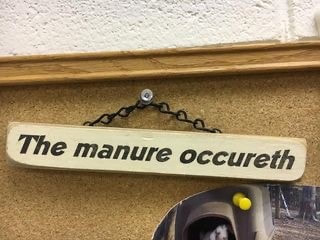

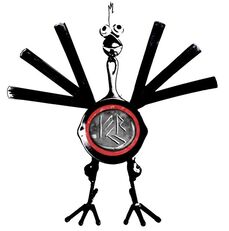
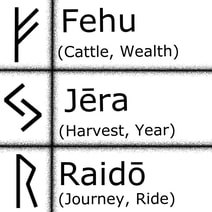
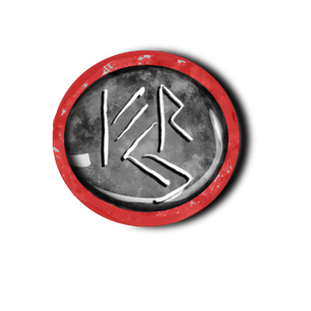
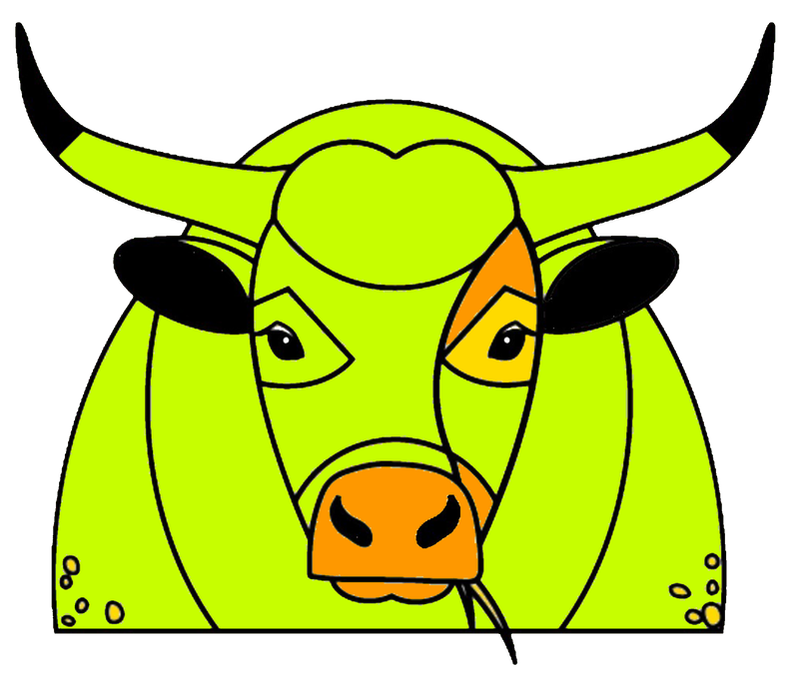
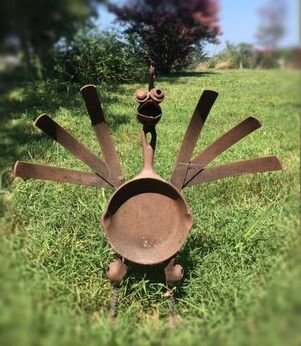
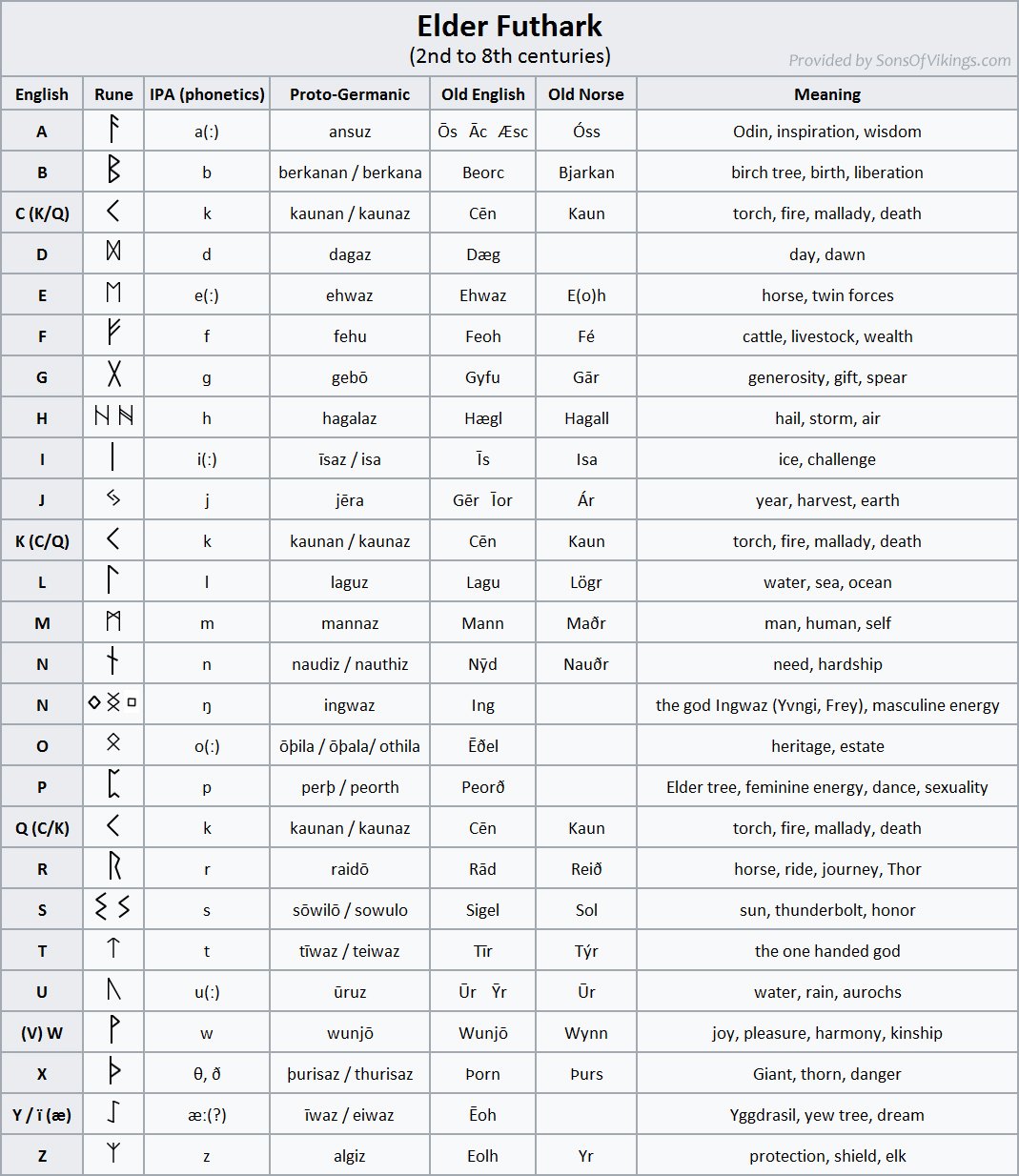
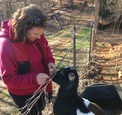

 RSS Feed
RSS Feed